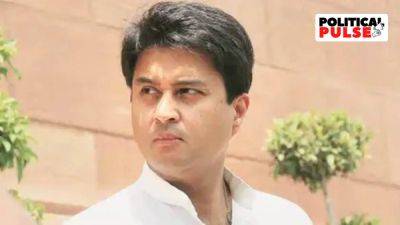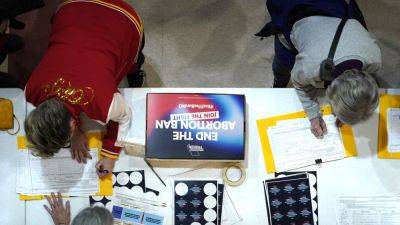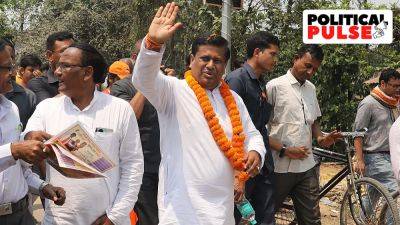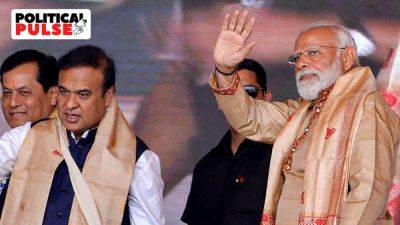Amid CAA talk, citizenship turns sour for lives caught in India-Bangla enclave swap
Long before the Citizenship (Amendment) Act (CAA) became a reality, they were the nowhere people of Partition who became the celebrated new citizens of India.
Nine years later, living up to 25 people in two-bedroom apartments, with property papers still not transferred to them, awaiting promised cash doles, and lacking job options, they say they want to return across the border.
On April 19, as Cooch Behar votes in the first phase of the Lok Sabha elections, on the electoral rolls will be the 15,421 people who became Indians over a period after Delhi and Dhaka signed a historic land boundary agreement in 2015 covering their respective enclaves lying in each other’s territories.
It will be their second tryst with general elections. In 2019, the BJP had won an overwhelming victory from here. However, their numbers, at 15,421, mean these ‘new residents’ remain on the margins of the poll campaign – amidst all the CAA talk.
As part of the India-Bangladesh agreement, 111 ‘Indian’ enclaves spread over 17,160 acres inside Bangladesh went to Bangladesh, while 51 ‘Bangladeshi’ enclaves occupying 7,110 acres in India became the property of India. The residents of these enclaves were given the option of accepting citizenship of either country.
Eventually, while 921 crossed over to this side with much fanfare, 14,500 residents of formerly Bangladeshi enclaves were identified as Indians.
Both say their plight is no better – if not worse – though the residents of former Bangladeshi enclaves concede they “at least have roads now”.
The 921 who lived in ‘Indian’ enclaves in Bangladesh who came to India in phases were initially kept in makeshift tin-roof camps on open grounds in Dinhata 1 Block of Cooch Behar district.
After five years of tortuous







